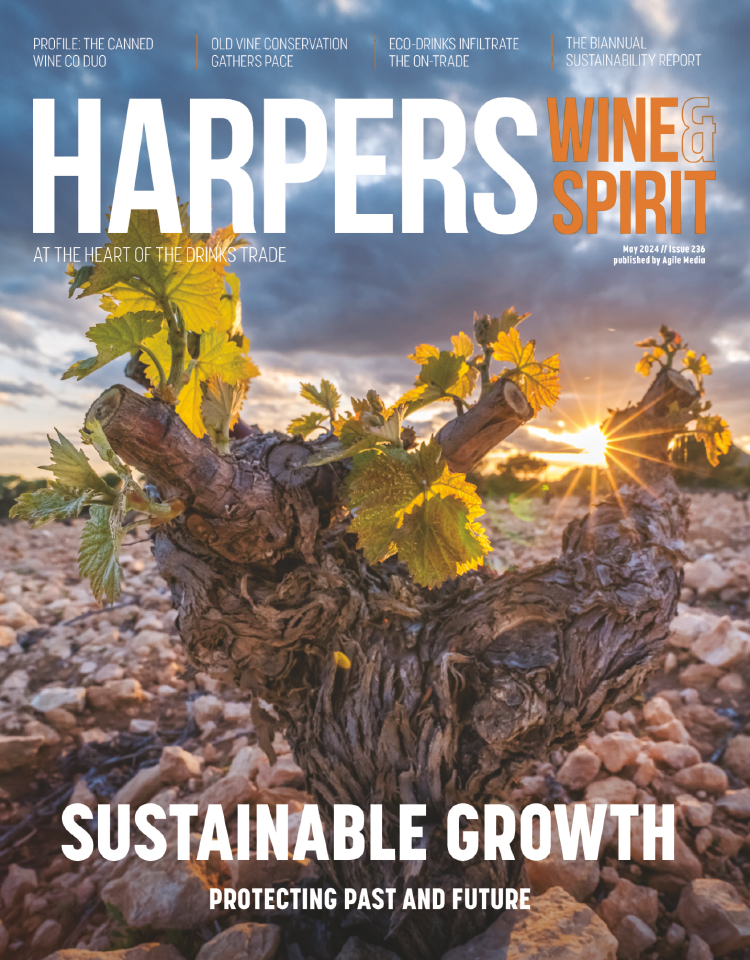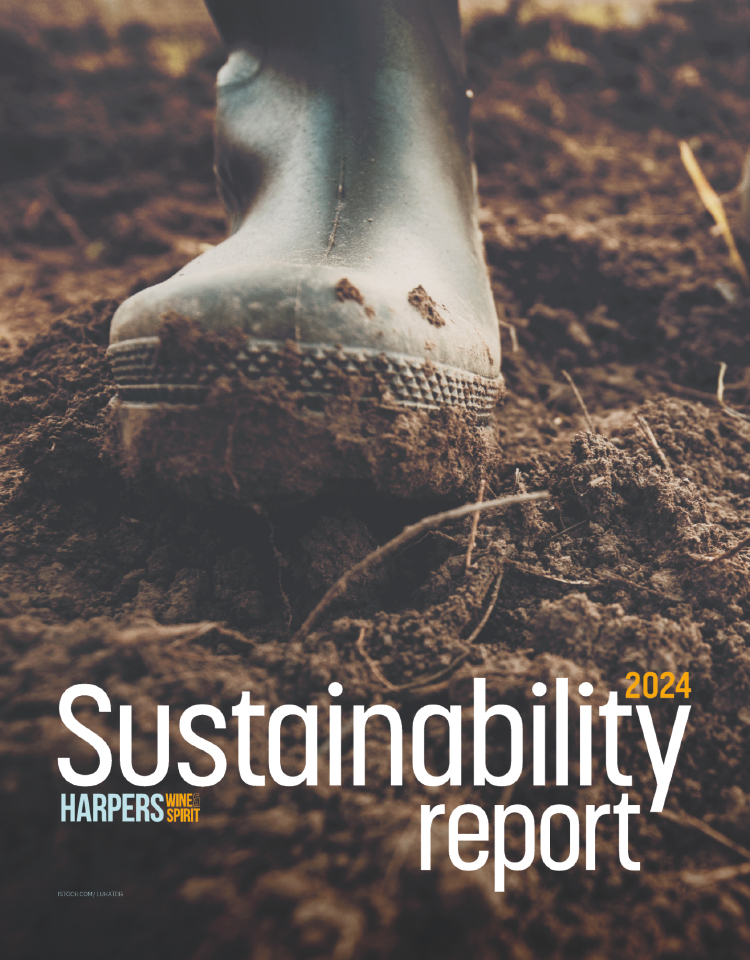
Kate Goodman, Reserve Wines: Back to Business Q&A
As the trade measures up to extraordinary times and swings through summer, leading businesses and operators take stock of trading conditions in the new normal.
Kate Goodman, owner and founder of Reserve Wines, continues our series with insights into the biggest changes and challenges.
How is the business performing and what are sales like compared with pre-lockdown?
I am relatively pleased with where we are currently, all sites are back operating in some shape or form. The pure retail sites are trading well despite restricted customer numbers and sales are in line with pre-lockdown, July was up on where we would normally be. Our three hybrid sites, in the larger food market environments, are more challenging. We have had to introduce an app-based ordering system and restrict customer numbers to ensure social distancing and this has had an impact on sales. Trading is ok, not pre-lockdown figures but reasonably positive. The city centre is the hardest hit site.
Like many we saw a massive growth in our online sales during lockdown. Whilst this has slowed down, we have maintained significant growth on pre-lockdown sales, which is encouraging. Wholesale is coming back slowly, and even managing to gain a few new clients in recent weeks.
What are the biggest changes and challenges in adjusting to the ‘new norm’?
In the hybrid sites the volume of people we’re able to serve is dramatically reduced due to restrictions on numbers. This, coupled with more limited interactions with customers due to a change in the buying/ordering process, has had a knock on effect on our retail sales. With our pure retail sites this is easier to manage but we are still restricting the number of customers in the shop so at busier times this can be a bit challenging. Also keeping our teams motivated and safe, reassuring them and informing them quickly when there are government changes as well as ensuring they feel comfortable and happy despite the significant change in their day to day working environment. It is difficult for our teams in the hybrid sites who are passionate about wine and love tasting/chatting to our customers as they aren’t able to do this at present.
Which government measures, if any, have had an impact on your business?
The VAT break excludes alcohol so aside from a few soft drinks this isn’t applicable for us.
Furlough has been a complete lifeline, particularly once the part-time furlough came in as it allowed us much more flexibility once our sites started to open again. We’ve also received some money in the form of grants which again was extremely welcome.
Have you seen any significant shift in type and price of wines and spirits sold and, if so, what?
Purchases have been mixed, at the beginning of lockdown we put together a lot of pre-mixed cases and these proved to be very popular, at varying price points. It took time to coax new customers from their regular drinking habits but over time they felt comfortable to explore different varieties. We noticed that people were totally open to new ways of getting wine to them. We had three pallets of keg wines delivered a week before lockdown and had no way of shifting any serious volume so I bought about a thousand 1.5L pouches from a beer distributor and decanted the wine into them, this format was really well received and also attracted new customers. Our new range of canned wine arrived, albeit later than expected (it’s from South Africa), and again they have gone down well.
Covid-19 has ignited discussions around health, not least the government’s anti-obesity campaign which could see mandatory ‘hidden calorie’ content on alcohol labels and menus in the on-trade. In your view, what would be the impact of this?
We have noticed an increased awareness about health over recent years, interest in lower alcohol levels being a good example of this. It’s difficult to judge but I think it could make customers think twice when they are out. For me, it’s all about a balanced diet, drinking sensibly with food, enjoying and savouring it. Everything in moderation.
And what of other government-backed schemes like the Eat Out to Help Out initiative, on the health of the trade?
Our hybrid sites are in market style eating environments so we’re working alongside a lot of food traders. This initiative has encouraged people to come out Monday to Wednesday. What we’ve noticed is Thursday sales have been hit as a result but I’m sure the overall impact is a positive one.
The end to the Brexit transition period is just around the corner on 1 January. How have you been preparing during and post-lockdown?
During lockdown we didn’t have the time or resources to think about it. Now, emerging out of lockdown, we’re starting to consider the complexities and costs that 1 January could potentially bring. We have serious concerns that the administrative burdens, such as the VI-1 forms for example, will have serious implications on our trade, significantly increasing our costs and worse still discouraging EU wine producers (especially the smaller ones whom we tend to work with) from exporting to the UK thus reducing consumer choice.
Have the past few months led to any positive change that the trade can and should adopt going forward?
We’ve learnt a lot over recent months, how we communicate with our customers and reach new customers, what we offer and how we offer it. Like so many other smaller independents we were able to adapt quickly to an ever changing situation and offer new ways of talking and selling to our customers and hopefully this enabled our customers to see the value we can add to our local communities and beyond.
Covid-19, recession, Brexit, climate crisis – we’re living though extraordinary times – what will the biggest challenges ahead?
I take the view that there are certain things I can control and others I can’t. The threat of another lockdown and recession looms constantly in the back of my mind, I can’t control if and when they might happen, all I can do is to put everything in place to make sure our business is in a robust position to give us the strongest chance of coming out the other side. For issues where we can act and make a difference then we do it in the hope that if enough people also take those steps, however small, then collectively we will initiate change.





